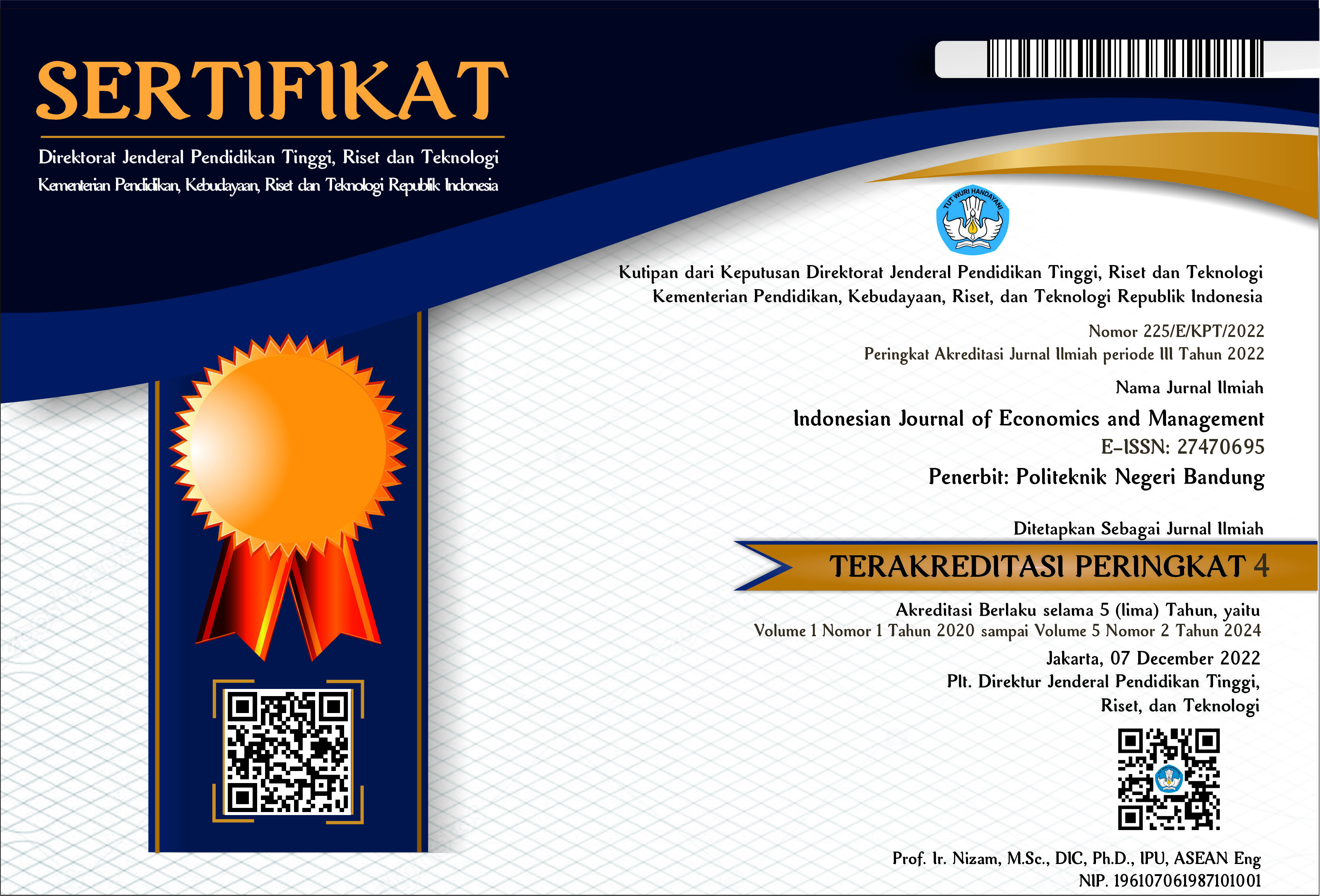Perceived Insider Status: Not Moderating the Relationship Between Humble Leadership on Employees’ Creative Deviance
Abstract
This study investigated the relationship between humble leadership (HL) and employees' creative deviance behaviors (CDB), whether or not moderated by perceived insider status (PIS). The conceptual framework is based on the interplay between the three variables, explores the relationship between humble leadership and employees' CDB, and assesses PIS's moderating effect. The study employs the independent variable of humble leadership, divided into three dimensions: self-awareness, appreciation of subordinates, and teachability. The dependent variable is CDB, which has four elements: The individual is actively generated, the organization does not formally support it, the top management of the organization often ignores it, and it is believed that it is beneficial to the interests of the organization. The moderator variable is PIS, reflected through the positive and negative psychological cognition of employees inside the organization. The study's research design is a quantitative descriptive survey design that uses a survey questionnaire. The population of the study consists of back-office employees consisting of 319 respondents. This study used a questionnaire survey and social information processing theory to manage the data. The results revealed significant differences in humble leadership skills when respondents were grouped according to age and education. While significant differences also existed in the presence of perceived insider status when respondents were grouped according to working life. Results showed that humble leadership positively predicted creative deviance behavior and that perceived insider status did not moderate this relationship. Humble leaders who exhibit self-awareness, appreciation of others, and teachability are more likely to create an environment where creative deviance behavior is encouraged and supported. When employees feel valued, respected, and supported by their leaders, the individual who is actively generated are more likely to engage in creative deviance behaviors to challenge the status quo and push the organization forward. Although the organization does not formally support it or top management often ignores it, but may be mitigated by humble leaders who are willing to take risks and support their subordinates in pursuing innovative ideas, encouraging them by creating a safe space for subordinates more likely to generate ideas and engage in creative deviance behavior.



